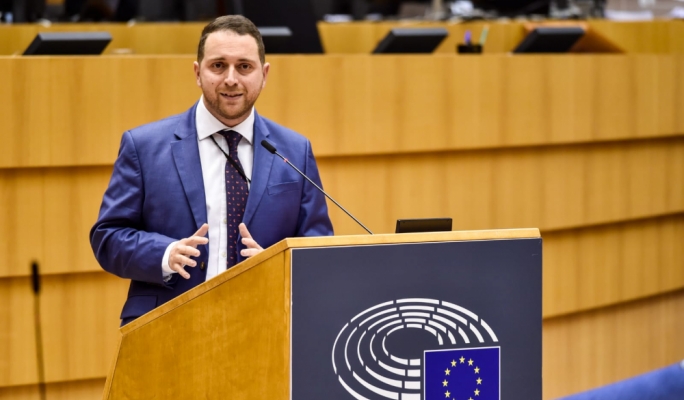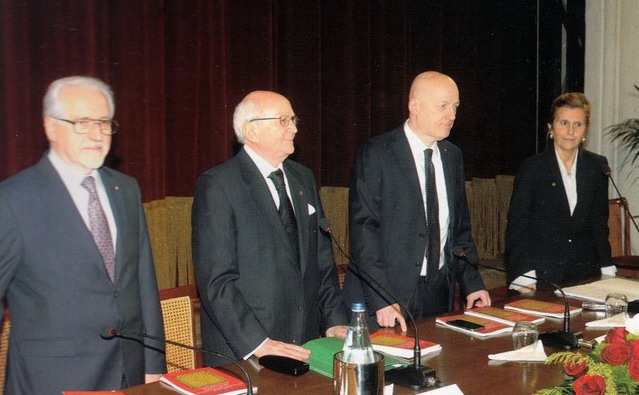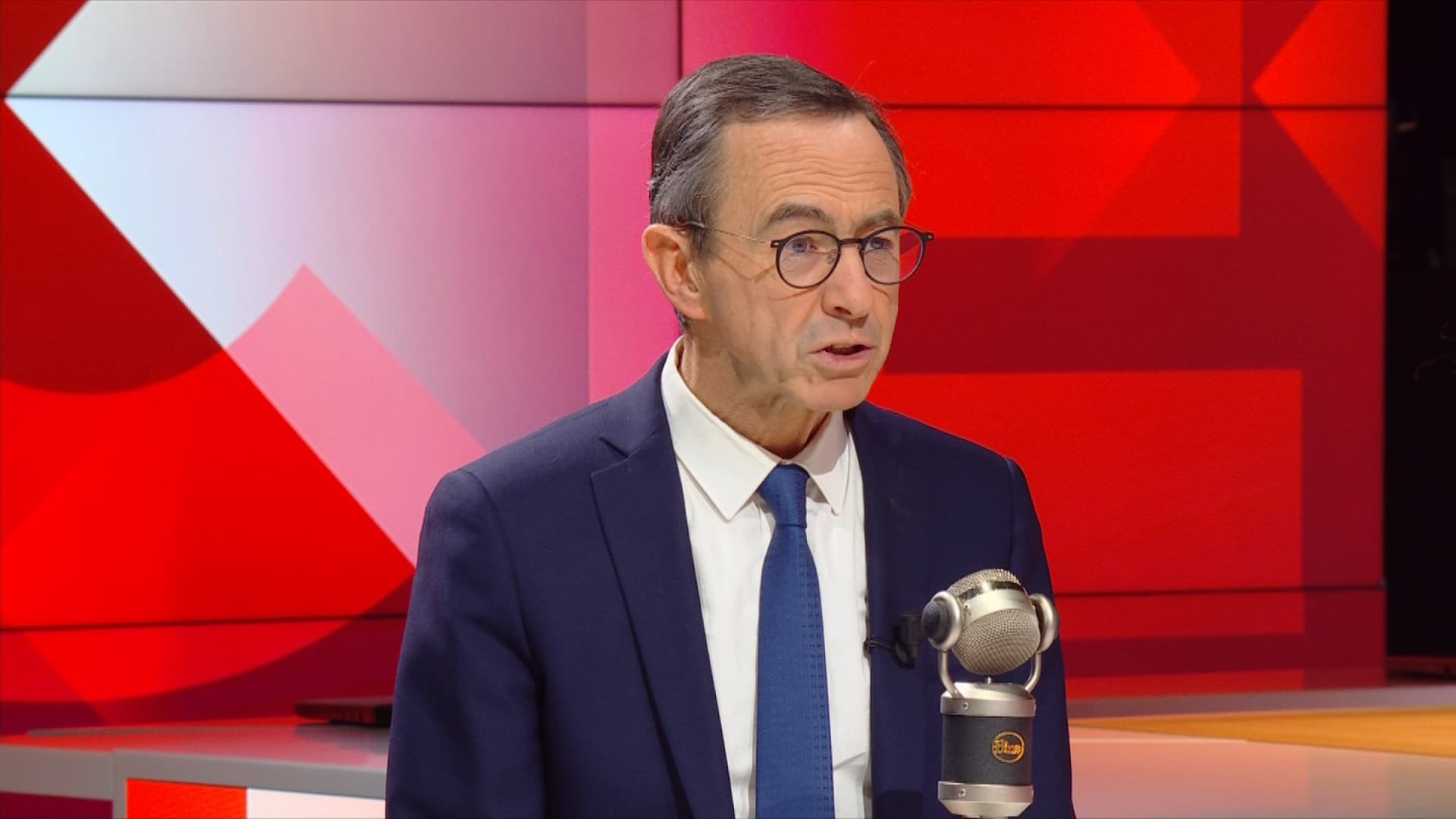MEPs, Including Alex Agius Saliba, Demand Israel's Eurovision Exclusion

Table of Contents
Human Rights Violations in Palestine as the Central Argument
The core argument driving MEPs' calls for Israel's exclusion centers on its human rights record in Palestine and alleged violations of international law. Critics argue that allowing Israel to participate in Eurovision legitimizes a state accused of serious abuses. These concerns are not new, but the Eurovision platform provides a high-profile stage to amplify them.
- Specific human rights violations: MEPs cite numerous reports detailing the treatment of Palestinians, including excessive use of force, demolitions of homes, restrictions on movement, and the ongoing occupation of Palestinian territories. The issue of Israeli settlements in the West Bank, deemed illegal under international law, is also frequently highlighted.
- International laws allegedly violated: The actions cited by MEPs are alleged to violate various international human rights laws and conventions, including the Geneva Conventions and the Universal Declaration of Human Rights.
- Citations of reports and organizations supporting the MEPs’ claims: Organizations such as Human Rights Watch, Amnesty International, and B'Tselem provide extensive documentation supporting the claims of human rights violations in Palestine, bolstering the MEPs' arguments. These reports frequently cite specific incidents and provide statistical evidence to support their claims.
The Role of Alex Agius Saliba and Other MEPs in the Campaign
MEP Alex Agius Saliba has been a prominent figure in spearheading this campaign, issuing strong statements condemning Israel's human rights record and advocating for its exclusion from Eurovision. His efforts have been echoed by other MEPs, highlighting a growing concern within the European Parliament.
- Quotes from Agius Saliba and other MEPs: Agius Saliba has publicly stated (insert quote here if available), emphasizing the incompatibility of celebrating a country with such a record on a stage meant to promote unity and understanding. (Include quotes from other MEPs here, if available, with proper attribution).
- Details of their actions: Beyond public statements, MEPs have engaged in various actions, including submitting written statements to the European Parliament, potentially initiating petitions, and engaging in diplomatic efforts to pressure Eurovision organizers.
- Links to official statements or news articles: [Insert links to relevant official statements and news articles here].
Counterarguments and Responses from Israel and Eurovision Organizers
Israel and the Eurovision organizers have countered these calls for exclusion, arguing that politicizing the Eurovision Song Contest undermines its core principles. They emphasize the event's aim to bring nations together through music, irrespective of political differences.
- Israel's official response: The Israeli government has likely responded by defending its actions, potentially challenging the accuracy or interpretation of human rights reports and emphasizing its commitment to security. (Insert details of Israel's response here).
- Eurovision's official statement on the matter: The Eurovision Song Contest organizers have likely issued a statement maintaining their commitment to a non-political event. (Insert details of Eurovision's statement here).
- Arguments against exclusion: Arguments against exclusion often highlight the potential for setting a dangerous precedent, opening the door to politically motivated boycotts based on subjective interpretations of human rights.
Potential Consequences and Future Implications of the Campaign
The success or failure of the campaign to exclude Israel from Eurovision will have significant consequences, both politically and diplomatically. The decision will undoubtedly set a precedent for future events and influence the relationship between the EU and Israel.
- Potential boycotts or protests: Exclusion could lead to counter-protests or boycotts from those who oppose the politicization of Eurovision.
- Impact on Eurovision's image and reputation: The controversy could damage Eurovision's image as a neutral, apolitical event.
- Long-term effects on the relationship between the EU and Israel: The campaign could further strain relations between the EU and Israel, depending on the outcome and the manner in which the situation is handled.
Conclusion
The debate surrounding MEPs Demand Israel's Eurovision Exclusion highlights the complex intersection of entertainment, politics, and human rights. While Eurovision aims to unite through music, the MEPs' concerns about Israel's human rights record in Palestine raise fundamental questions about the event's role in the international arena. Alex Agius Saliba and other MEPs have played a critical role in bringing this debate to the forefront, forcing a conversation about the responsibilities of international events in the face of human rights violations. What are your thoughts on the MEPs' call for exclusion? Share your views on the complex issue of Israel's Eurovision participation in the comments below. The ongoing discussion about Israel's Eurovision participation reflects a larger debate about accountability and the intersection of entertainment and geopolitics.

Featured Posts
-
 Sanremo Il 12 Aprile Marzia Taruffi Presenta Il Suo Nuovo Libro
May 14, 2025
Sanremo Il 12 Aprile Marzia Taruffi Presenta Il Suo Nuovo Libro
May 14, 2025 -
 Retailleaus Response To Wauquiezs Proposal On Oqtfs In Saint Pierre Et Miquelon
May 14, 2025
Retailleaus Response To Wauquiezs Proposal On Oqtfs In Saint Pierre Et Miquelon
May 14, 2025 -
 Pokemon Go Sweet Discoveries Event Date Time And Rewards
May 14, 2025
Pokemon Go Sweet Discoveries Event Date Time And Rewards
May 14, 2025 -
 Sportsmanship And Respect A Deeper Look At The Dont Hate The Playaz Mentality
May 14, 2025
Sportsmanship And Respect A Deeper Look At The Dont Hate The Playaz Mentality
May 14, 2025 -
 Can Nigeria Avoid Another World Cup Disaster Musas Concerns
May 14, 2025
Can Nigeria Avoid Another World Cup Disaster Musas Concerns
May 14, 2025
